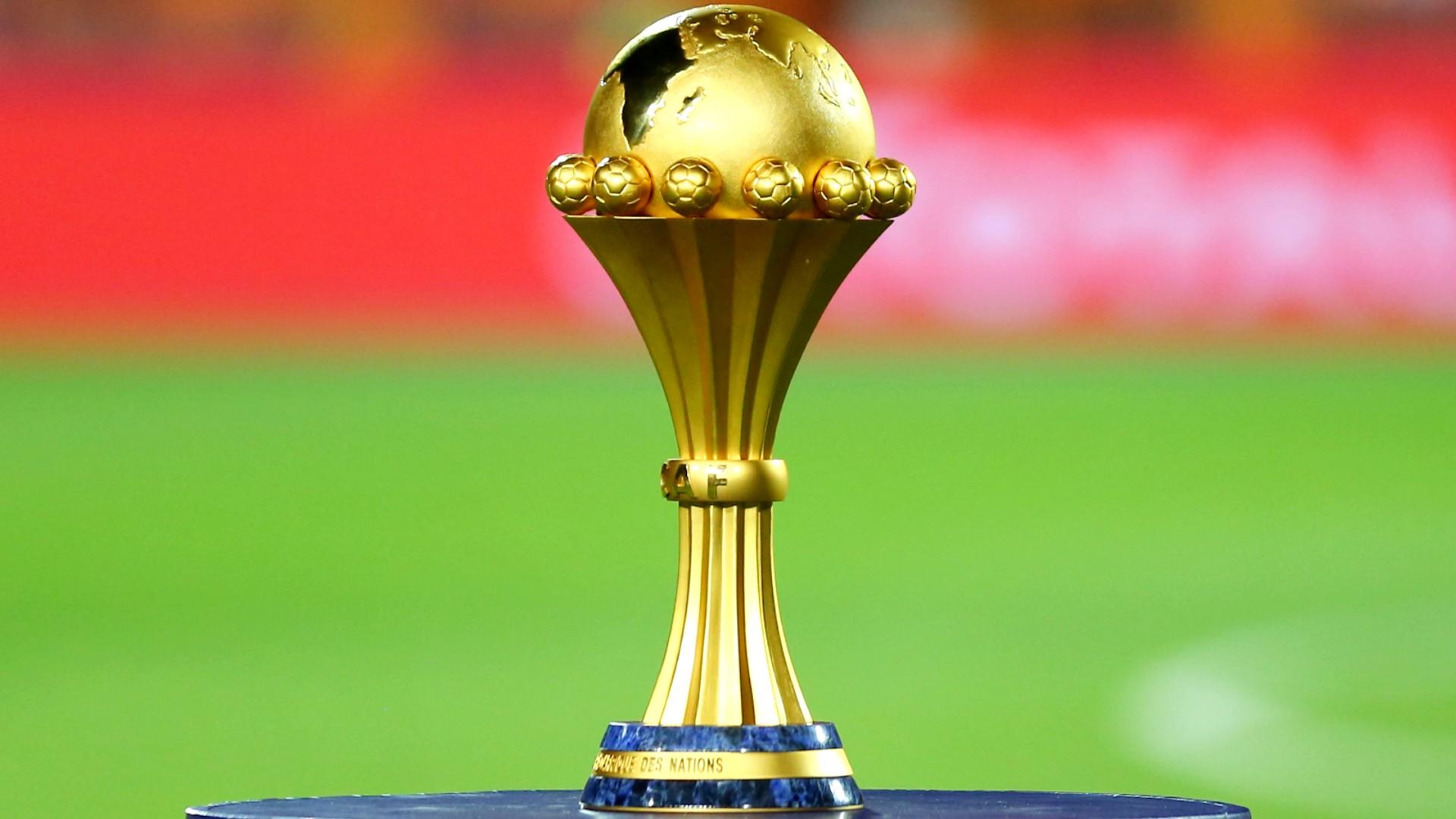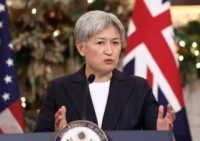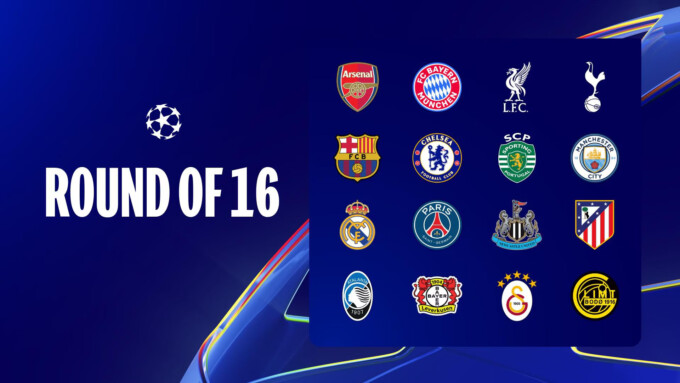The draw for the Africa Cup of Nations (AFCON) is slated for Monday, January 27, in Rabat, Morocco, where the tournament will also be co-hosted at the end of the year. This year’s tournament will commence on December 21 and conclude with the final on January 18, marking a significant shift in the traditional scheduling by overlapping with the Premier League’s festive period and the UEFA Champions League match rounds.
CAF Secretary General Veron Mosengo-Omba has acknowledged the complexities of this schedule, describing it as a “scheduling nightmare.” However, football analyst and podcaster Clinton McDubus remains optimistic about the impact on the tournament’s appeal and quality. “I think it’s going to be a great tournament,” McDubus shared with DAILY POST, reflecting on the high standards set by the previous tournament and anticipating even greater performances this time around.
The defending champions, Ivory Coast, will enter the tournament after their dramatic 2-1 victory over Nigeria in the last final, securing their third title. For Nigeria, the Super Eagles, who last won in 2013 under Stephen Keshi, the quest for a fourth AFCON crown continues. They will be under the guidance of Eric Chelle, whose tactical acumen with Mali in the last tournament has raised expectations. “We are definitely one of the favourites,” asserts McDubus, praising Chelle’s proactive approach and tactical structure.
For the draw, Nigeria finds itself among the seeded teams, avoiding initial matches against powerhouses like Morocco, Ivory Coast, Senegal, Algeria, and Egypt. However, McDubus warns of potential challenges from teams like Burkina Faso, Uganda, and Mozambique, whom he labels as “tricky currently.”
When asked about a favorable draw, McDubus didn’t show much preference for teams from Pot 2, acknowledging the competitive nature across the board. From Pot 3, he suggested Gabon might be a more manageable opponent, and from Pot 4, he named Botswana or Zimbabwe as teams that might pose the least problems for Nigeria.
This year’s AFCON, with its unique timing, promises to test team preparations and fan engagement, blending the excitement of African football with the global football calendar’s busiest period. The event’s success will hinge not only on the performances on the pitch but also on how well the scheduling conflicts are managed to maintain the tournament’s prestige and viewership.












Do you think the AFCON draw being held in Rabat will affect the outcome of the tournament? Exciting times ahead!
I wonder if the draw will shake things up or keep the favorites on track. Excited to see how it plays out!
Do you think the AFCON draw should be held virtually to avoid any scheduling issues? Seems like a practical solution.
I wonder if the scheduling challenges will affect the outcome of the matches. Excited for the draw! #AFCON2023 🏆
Do you think the AFCON draw should be held in a different city to avoid scheduling challenges? Just a thought!
Im curious, why not have the AFCON draw virtually to avoid scheduling conflicts? Its 2022 after all! #innovation #AFCONdraw